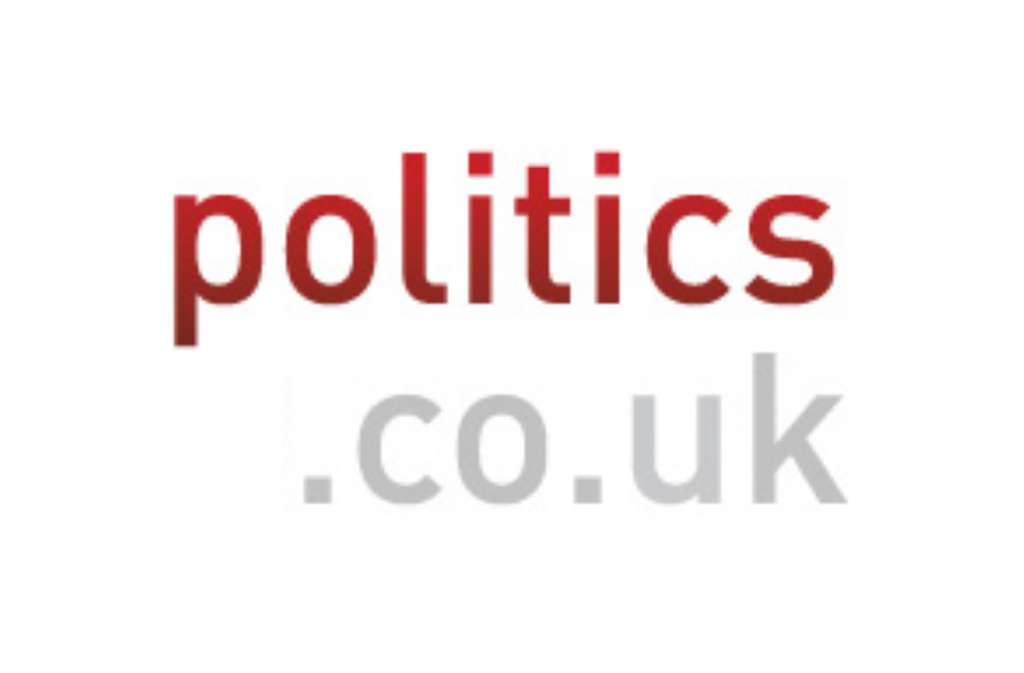Former Equitable chief hits out at Penrose conclusions
A former head of Equitable Life has hit back at the accusations levied at the company’s management in the Penrose Report.
Chris Headdon claimed that the report into the troubled life insurer did not take a balanced view and insisted that the crisis was caused by a House of Lords legal ruling.
Equitable Life came close to collapse and around 800,000 people lost money after the insurer failed to keep promises to policyholders.
In 2000 the House of Lords ruled against Equitable and in favour of holders of Guaranteed Annuity Policies (GARs), which guarantee a minimum sum on retirement. The insurer was left with a £1.5 billion liability.


Lord Penrose’s 818-page report, released yesterday, blamed management for the crisis at Equitable and named Roy Ranson, chief executive and actuary of the company between 1991 and 1997, for failing to provide the board with the relevant information on policies.
Lord Penrose found “a culture of manipulation and concealment” by some of its former senior managers.
“It was the society’s own action which ultimately precipitated its own crisis,” he wrote.
However, Mr Ranson has criticised his portrayal in the report as “misleading” and Mr Headdon, who joined the mutual in the late nineties, told the BBC that he believed the crisis was a direct result of the House of Lords ruling rather than any management failings.
“I would still maintain that the House of Lords took a very peculiar view of the legal position and found a guarantee in the society’s products that no-one previously had thought was there,” he said.
Former Equitable policyholders faced a fresh blow to their battle for compensation yesterday when financial secretary to the Treasury Ruth Kelly presented the Penrose Report in the Commons.
She announced that the government would not be paying compensation to those affected by the
Equitable crisis. She added that the government must serve the needs of the taxpayer and “cannot underwrite each and every company”.
Equitable’s current chief executive, Charles Thompson, has vowed to continue the fight for compensation.
He argues that a regulatory failure has been identified by the Penrose Report and claims there is a “moral case” for compensation.












